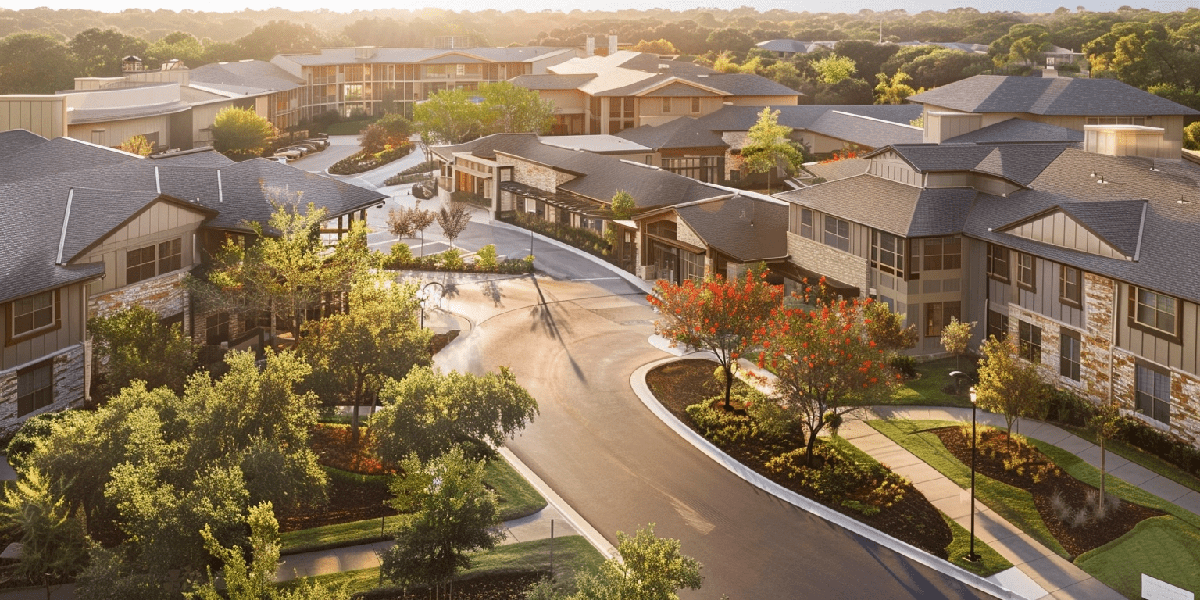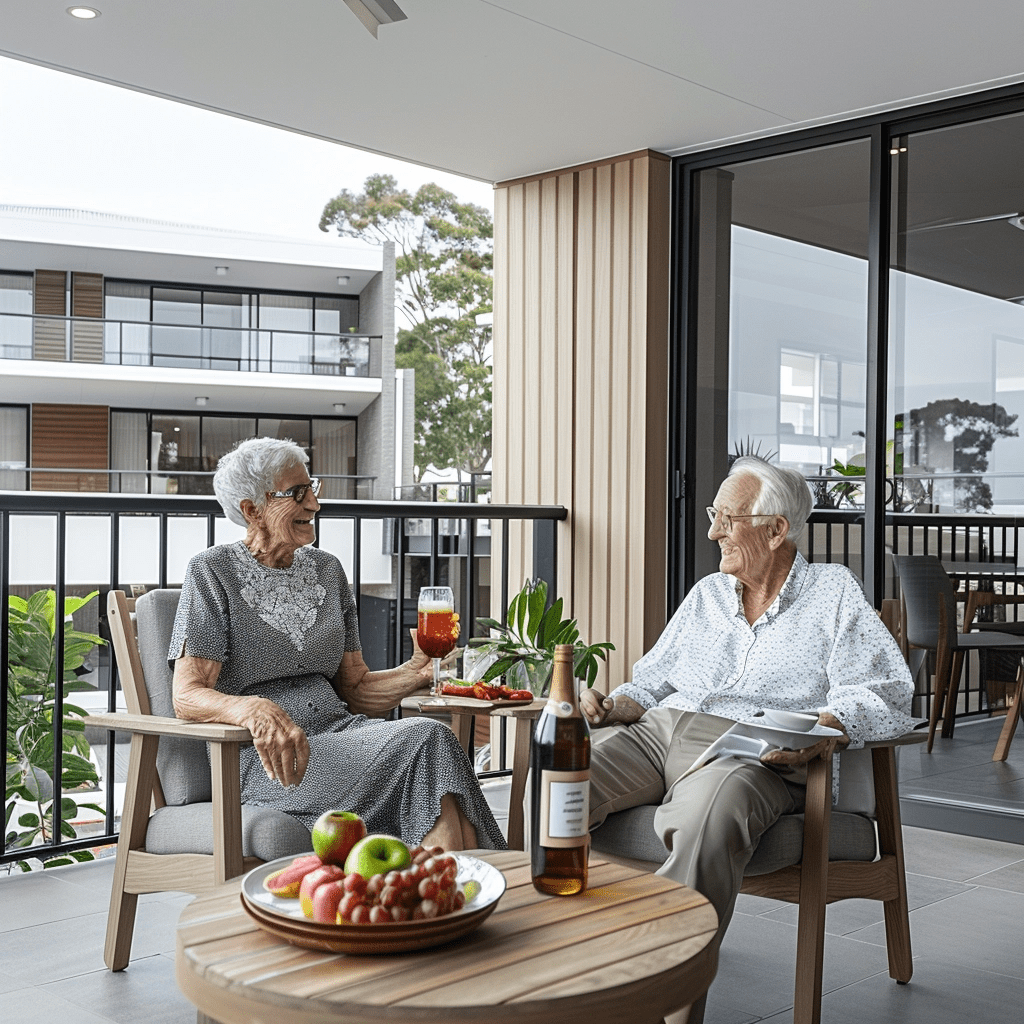Senior Living Apartments Under $300/mo: Affordable Housing Solutions for Older Adults
Finding senior living apartments under $300 per month is challenging but not impossible. Explore affordable housing options for older adults on tight budgets for 2025.

Before diving into solutions, it's important to acknowledge the difficulties seniors face in the housing market. Many older adults live on fixed incomes from Social Security, pensions, or savings, which may not keep pace with rising housing costs. Additionally, seniors often require accommodations that cater to their changing physical needs, further limiting their options.
One of the primary avenues for finding affordable senior housing is through government assistance programs. These programs are designed to help low-income individuals, including seniors, access safe and affordable housing.
The Section 8 program, administered by the U.S. Department of Housing and Urban Development (HUD), provides housing vouchers to eligible low-income individuals. These vouchers can be used to subsidize rent in privately-owned apartments, potentially bringing monthly costs below $300.
How to apply:
Section 202 Supportive Housing for the Elderly
This HUD program provides housing with supportive services for very low-income seniors. While not all units may be under $300, many are heavily subsidized and can be quite affordable.
Key features:
Exploring Non-Profit and Faith-Based Organizations
Many non-profit organizations and faith-based groups offer affordable housing options for seniors. These organizations often have a mission to serve their communities and may offer apartments at significantly reduced rates.
Examples of organizations to explore:
Habitat for Humanity
Catholic Charities
Lutheran Services in America
Volunteers of America
Tips for finding these opportunities:
Considering Alternative Housing Models
Thinking outside the box can lead to unique and affordable housing solutions for seniors. Here are some alternative models to consider:
Shared Housing
Shared housing arrangements can significantly reduce costs for seniors. This could involve renting a room in a private home or sharing an apartment with another senior.
Benefits of shared housing:
Cons of shared housing:
Tiny Homes and Mobile Homes
Tiny homes and mobile homes can offer affordable living options for seniors who are comfortable with smaller spaces.
Advantages:
Cons of tiny homes and mobile homes:
Cooperative Housing
In cooperative housing, residents collectively own and manage their living spaces. This model can lead to lower costs and a strong sense of community.
How it works:
Leveraging Local Resources and Programs
Many cities and states offer their own affordable housing initiatives for seniors. These programs may provide additional subsidies or access to low-cost apartments.
Steps to explore local resources:
Negotiating with Landlords
For seniors who find an apartment they like but can't quite afford, negotiation may be an option. Some landlords may be willing to lower rent for reliable, long-term tenants.
Negotiation tips:
Exploring Rural Housing Options
Rural areas often have a lower cost of living, which can translate to more affordable housing options for seniors.
Benefits of rural living:
Cons of rural living:
USDA Rural Development programs:
The U.S. Department of Agriculture offers housing assistance programs specifically for rural areas, which can help seniors access affordable apartments.
Utilizing Senior-Specific Housing Search Tools
Several online tools and resources are designed specifically to help seniors find affordable housing options.
Recommended resources:
- HUD's Resource Locator (https://resources.hud.gov/)
- Seniors Housing Guide (https://www.seniorhousingnet.com/)
- AARP's Housing Options Search Tool
Planning Ahead and Being Persistent
Finding an apartment under $300 per month may take time and effort. It's important for seniors to plan ahead and remain persistent in their search.
Tips for a successful housing search:
Seeking Professional Assistance
Sometimes, navigating the complex world of affordable housing can be overwhelming. Seniors shouldn't hesitate to seek professional help when needed.
Potential sources of assistance:
- Social workers specializing in senior care
- Housing counselors certified by HUD
- Local senior advocacy organizations
- Elder law attorneys (for complex housing situations)

Remarks
While finding an apartment for under $300 a month can be challenging, it's not impossible. By exploring government assistance programs, considering alternative housing models, leveraging local resources, and being open to various options, seniors can increase their chances of securing affordable housing that meets their needs and budget.
Remember, the key to success is persistence, thorough research, and willingness to explore multiple avenues. With the right approach and resources, seniors can find comfortable, affordable living spaces that allow them to maintain their independence and quality of life without breaking the bank.
By staying informed about available options and being proactive in their search, seniors can overcome the challenges of the housing market and find a place to call home that fits within their budget. While the journey may not always be easy, the reward of finding an affordable, suitable living space is well worth the effort.

-
![]()
Affordable Pet Insurance: Tips and Tricks for Pet Owners
As a pet owner, ensuring the health and well-being of your furry friend is a top priority. However, the rising costs of veterinary care can pose a significant financial burden. This is where pet insu…
-
![]()
Unbeatable Internet Offers for Seniors: Unlocking Connectivity at Low Costs
For seniors looking for affordable internet options, there are remarkable deals available that can significantly reduce monthly costs. The Digital Divide and Its Impact on Seniors In an increasingly…
-
![]()
Affordable Excellence: The Best Unsold SUVs Under $15K for 2025
As the automotive market continues to evolve, with numerous options available for budget-conscious buyers, finding a reliable and affordable SUV can be a daunting task. This year, several unsold SUVs…




